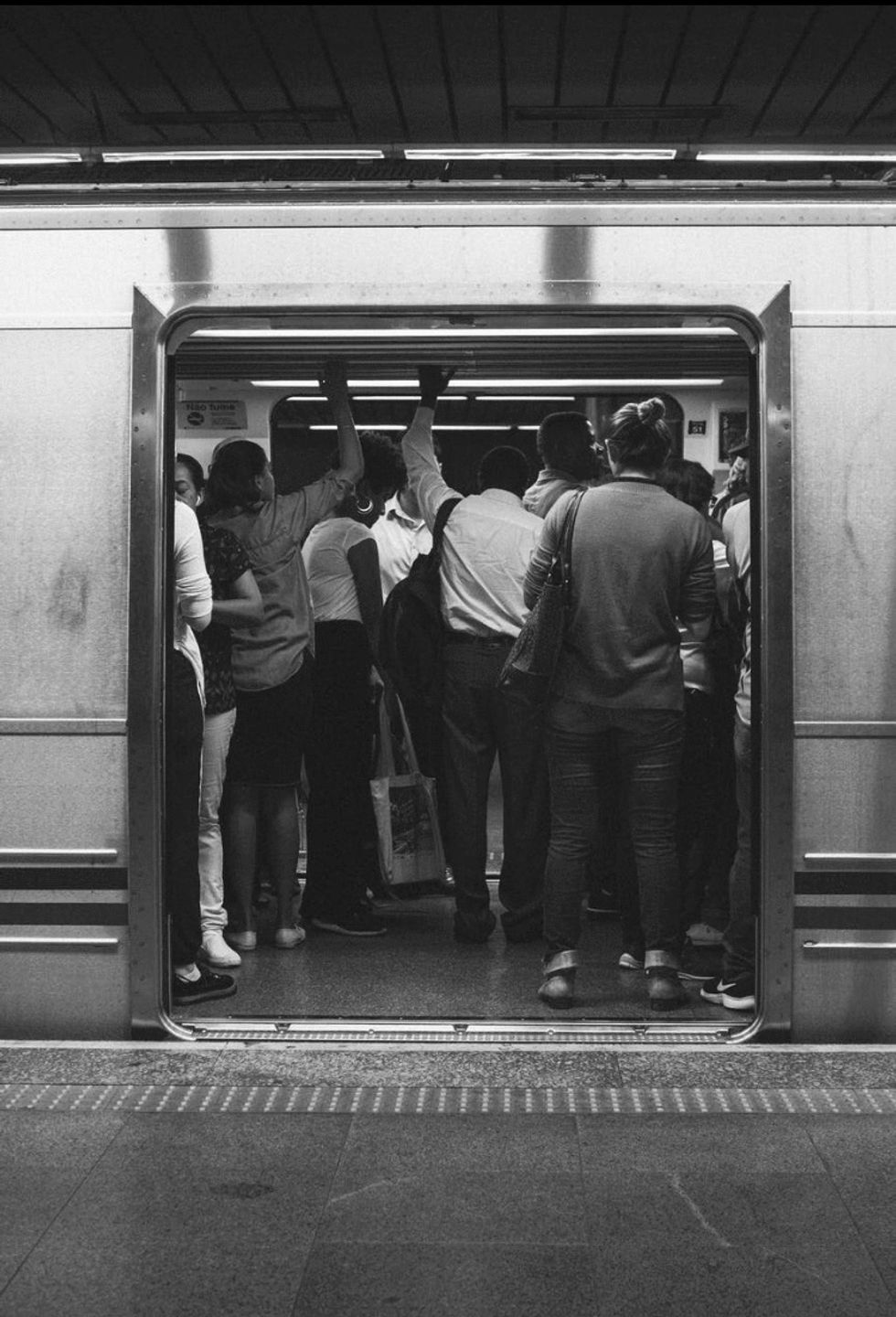By now, we have all heard about the Wuhan coronavirus: chilling stories about unsuspecting travelers falling ill amidst a growing death toll. The world has watched anxiously as new headlines announce new cases popping up all over the globe: from China to South Korea to the Middle East and even Italy. As the virus spreads, misinformation and exaggerated figures proliferate panic and hostility towards foreigners. This growing crisis, an opportunity to unite in the face of a common adversity, is instead widening divides and instilling fear and mistrust amongst different groups of people.
Just this week, a cruise ship with more than 4,500 passengers was denied entry to ports in Jamaica and the Cayman islands when a crew member developed flu-like symptoms. Study abroad programs are being cancelled, and both ingoing and outgoing flights from China have been postponed in the wake of the pandemic.
As China's economic slowdown spreads to other regions of the world, racism and xenophobia take a stronger hold on the international community. In everyday conversations, Asians are jokingly being pinned as sick and dangerous. The long-standing Asian fashion trend of wearing surgical masks has now taken a darker meaning as a precautionary measure against disease. In public places, Asians are being verbally and physically assaulted; in one case, a Chinese women was called a "diseased b****" in a New York subway station. Not only that, but Asians are being denied service and hospitality across various different establishments. Even Chinese businesses have lost business; New York's Shanghai Deluxe restaurant, which would normally have around 100 tables a day, now only seats 20 to 30 tables for a full day of business.
As the coronavirus inevitably continues to spread, we must stay informed about the nature of the illness and its social repercussions in order to avoid unchecked hysteria.












